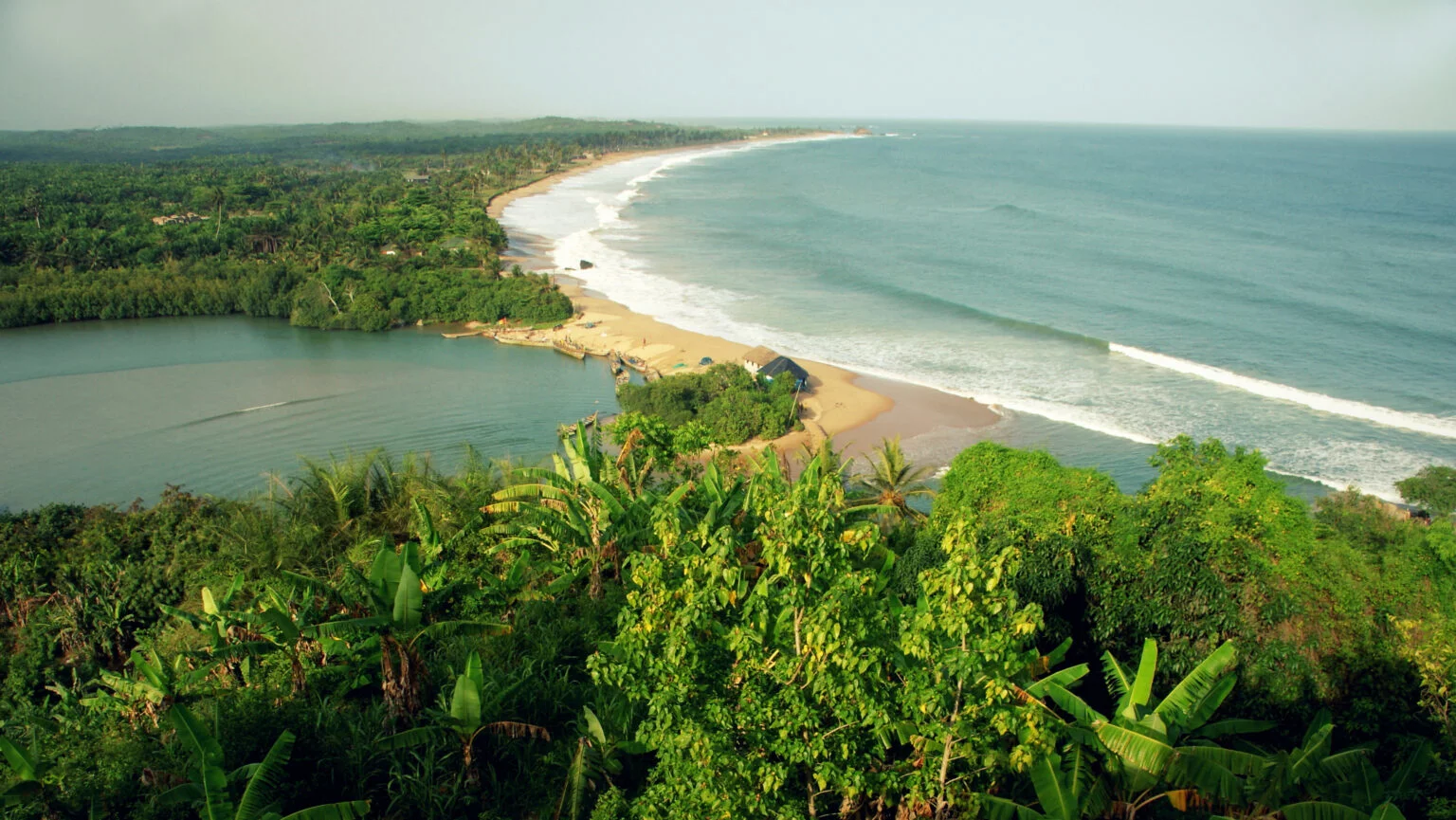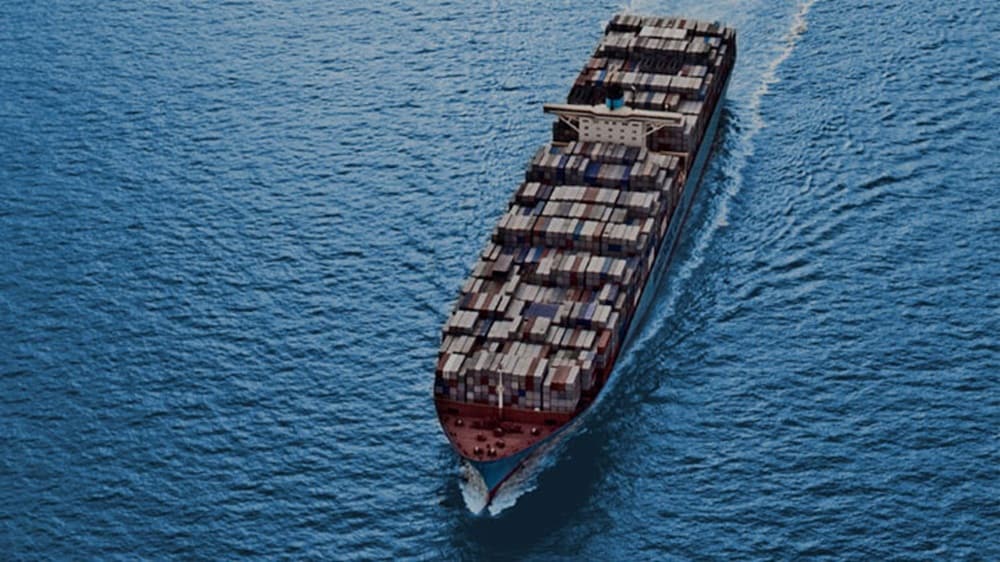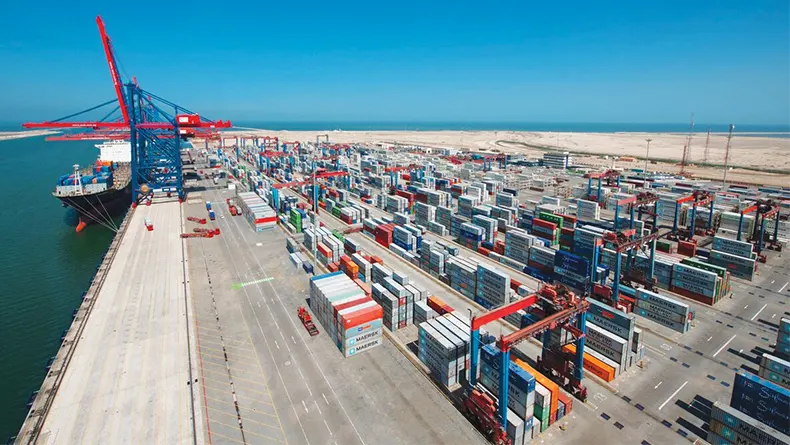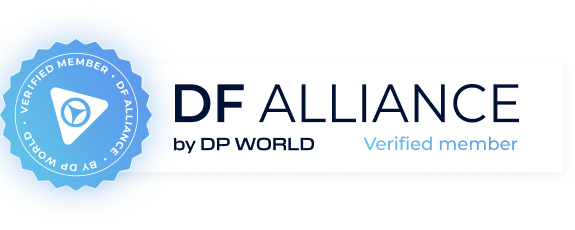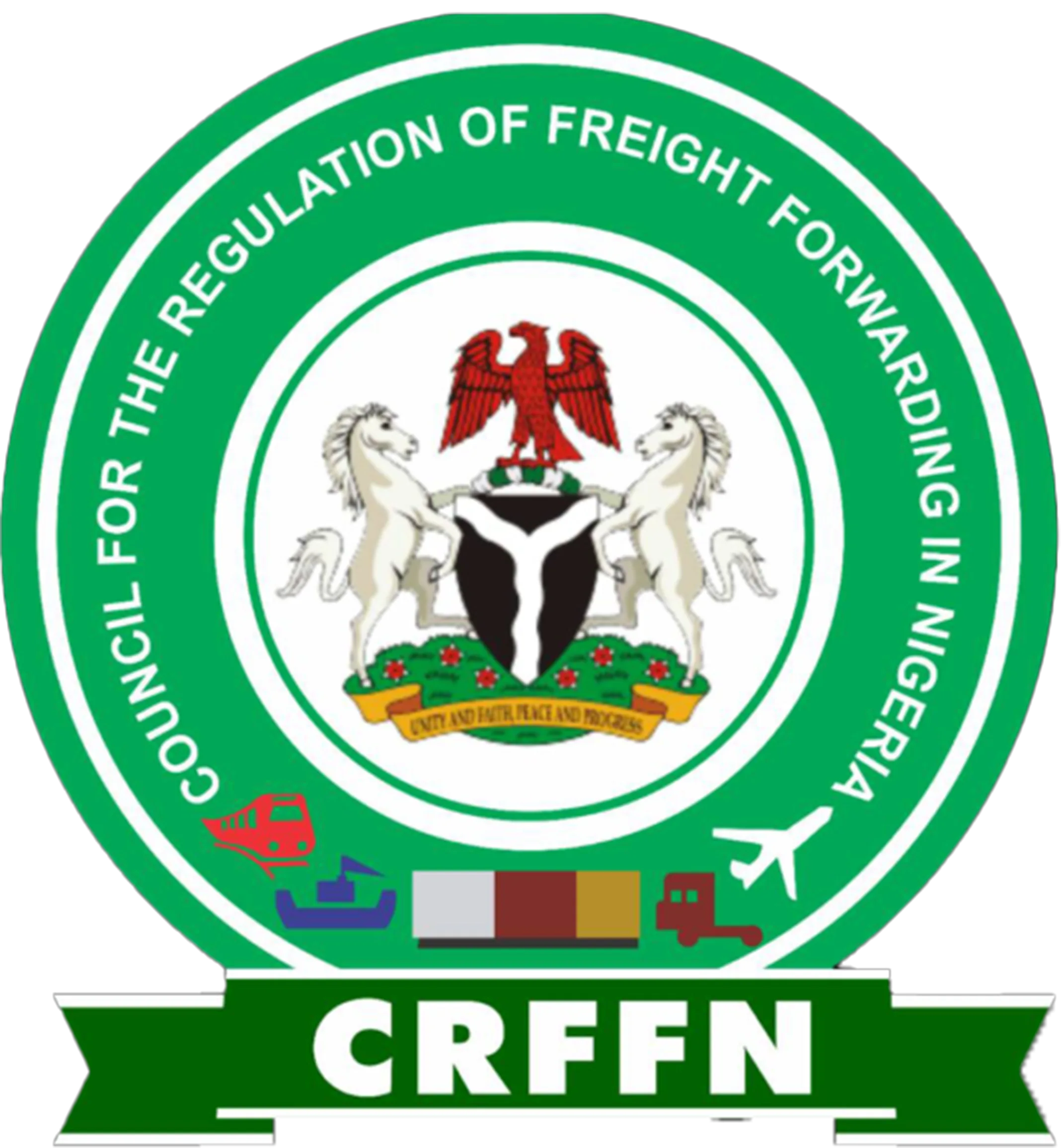Connecting Mauritania across Africa and beyond
Rooted in Mauritania, Limark leverages deep-seated knowledge of this desert nation’s trade intricacies. We’ve mastered the art of moving cargo across vast Saharan landscapes and navigating unique customs protocols, seamlessly linking Mauritania to both regional and international markets.
With a network spanning over 40 African nations, Limark is your gateway to and from Mauritania. Whether you’re harnessing the rich mineral resources that fuel Mauritania’s economy, or bringing in vital commodities, our tailored logistics solutions ensure your supply chain flows smoothly.

Import regulations
Importing goods to Mauritania requires navigating specific procedures and documentation. Here’s a breakdown of the essential requirements:
Product categories requiring import licenses/permits
Food and Agricultural Products
Rice, Sugar, Wheat Flour: Due to their strategic importance, these commodities require import licenses from the Ministry of Commerce, Industry, and Tourism to regulate supply and stabilize prices. Importers must demonstrate a valid business license and provide details on the quantity, origin, and intended use of the products.
Meat and Poultry: Detailed health certificates issued by the competent authority in the country of origin are mandatory. These certificates must attest to the animal’s health status and compliance with Mauritanian sanitary standards. Additional permits from the Ministry of Livestock may be required for specific meat products.
Fish and Seafood: Import permits are required from the Ministry of Fisheries and Maritime Economy. Catch certificates and health certificates may be necessary to verify the origin and safety of the products.
Dairy Products: Specific import licenses are required, and products must meet strict quality and hygiene standards set by the Ministry of Agriculture.
Plants and Plant Products: Phytosanitary certificates issued by the competent authority in the country of origin are mandatory. They must confirm that the plants and plant products are free from pests and diseases and comply with Mauritanian phytosanitary regulations.
Pharmaceuticals and Medical Devices
Medicines: Detailed dossiers including the Certificate of Pharmaceutical Product (CPP), Certificate of Good Manufacturing Practice (GMP), and Certificate of Free Sale (CFS) must be submitted for evaluation and registration. The Ministry of Health issues marketing authorization (AMM) upon approval.
Medical Devices: All medical devices must be registered with the Ministry of Health before importation. The registration process involves submitting technical documentation, proof of conformity with international standards, and evidence of quality assurance.
Chemicals and Hazardous Materials
Industrial Chemicals: Specific import permits are required from the Ministry of Environment, detailing the type and quantity of chemicals being imported.
Pesticides: Special authorization from the Plant Protection Directorate under the Ministry of Agriculture is necessary. Detailed information on the product’s composition, use, and potential hazards must be provided.
Hazardous Materials: Importers must comply with international transport regulations (ADR, IMDG, IATA) and obtain relevant permits for the safe transportation and handling of hazardous materials.
Vehicles and Machinery
Vehicles: Import permits are required from the Ministry of Trade and Tourism. Used vehicles must be less than eight years old and meet specific technical and environmental standards.
Machinery: Import permits are also required for machinery, and additional certifications may be necessary depending on the type and intended use of the machinery.
Prohibited and restricted imports
Absolute prohibitions
- Narcotic drugs and psychotropic substances
- Pornographic and obscene materials
- Counterfeit and pirated goods
- Hazardous waste (Basel Convention)
- Ozone-depleting substances (Montreal Protocol)
- Asbestos
- Explosives (except for authorized industrial or mining use with a permit from the Ministry of Interior)
- Firearms and ammunition (except with authorization from the Ministry of Defense)
- Used tires
- Toxic chemicals not approved by the Ministry of Environment
Restricted Imports (require special permits)
- Live animals and animal products
- Plants and plant products
- Alcohol and tobacco products
- Used clothing and footwear
- Right-hand drive vehicles
- Gambling equipment
- Radio and telecommunication equipment
- Certain types of plastic bags
Relevant agencies
- Directorate General of Customs (DGD)
- Ministry of Finance
- Ministry of Commerce, Industry, and Tourism
- Ministry of Agriculture
- Ministry of Livestock
- Ministry of Fisheries and Maritime Economy
- Ministry of Health
- Ministry of Environment and Sustainable Development
- Ministry of Defense
- Ministry of Culture, Handicrafts, and Spokesperson of the Government
- Central Bank of Mauritania (CBM)
Free Time
The standard free time is usually five days for both general and containerized cargo. However, it can vary depending on the shipping line and the type of cargo.
Demurrage charges
- Calculated per container, per day, exceeding the free time
- Rates vary depending on the shipping line, container size, and time elapsed
- They can escalate significantly if not addressed promptly
Detention charges
- Applied when the container is held beyond the agreed-upon time for return to the shipping line
- Separate from demurrage charges
- Rates vary depending on the shipping line and container size
Storage limitations
- Port terminals have limited storage capacity
- Containers not cleared within the allowed time are moved to an off-dock depot at the importer’s expense, incurring additional storage fees
Calculation methods
- Demurrage and detention are usually calculated based on calendar days, including weekends and public holidays.
- Some shipping lines may offer a grace period before applying charges.
Required import documentation
Commercial Invoice
Must include a detailed description of the goods (including HS codes, brand, model, etc.), quantity, weight, unit price, total invoice value in USD or MRU, Incoterms, payment terms, and complete details of the consignee and consignor.
Packing List
Must provide a detailed list of all items in each package, including description, quantity, weight, dimensions, and package markings.
Bill of Lading/Airway Bill
Serves as evidence of the contract of carriage and contains details of the shipment, consignee, consignor, port of loading/discharge, number and type of packages, and gross weight and measurement of the cargo.
Certificate of Origin
- Issued by the Chamber of Commerce in the exporting country, declaring the origin of the goods
- Required for preferential tariff treatment under trade agreements.
Import Declaration Form (IDF)
- Submitted through the ASYCUDA World system
- Requires detailed information about the shipment, importer, and goods
Import License/Permit (for regulated goods)
- Issued by the relevant government agency.
Other certificates
- Phytosanitary certificate (for plants and plant products)
- Health certificate (for animals and animal products)
- Certificate of analysis (for chemicals and food products)
- CITES permit (for endangered species)
Import licenses and permits
- Identify the Regulating Agency:
- Determine the specific ministry or agency responsible for your goods based on the product category.
- Gather Required Documents:
- Proforma invoice or commercial contract
- Technical specifications and data sheets (if applicable)
- Certificates of origin, analysis, quality, etc.
- Business registration documents and tax clearance certificates
- Any additional documentation specific to the product or agency
- Submit application:
- Complete the import permit application form.
- Submit the application along with the required documents and fees to the relevant agency.
- Applications are typically submitted online or in person.
- Processing and Approval:
- The application will be reviewed and processed by the agency.
- The processing time varies depending on the product and agency, but it can take several weeks.
- If approved, the import permit/license will be issued.
- Validity and Renewal:
- The validity period of import permits varies depending on the product and agency, usually ranging from six months to a year.
- Renewal procedures involve submitting a new application with updated documents before the expiry date.
- Costs:
- Import permit fees vary depending on the product and agency.
- Additional costs may include inspection fees, testing fees, and translation fees.
Customs clearance procedures
- Pre-arrival processing:
- The importer or their agent lodges the import declaration (IDF) through the ASYCUDA World system before the shipment’s arrival.
- Customs performs a risk assessment to determine the need for inspection.
- Arrival and unloading:
- The vessel or aircraft arrives at the port or airport.
- Cargo is unloaded and placed in customs control.
- Document Verification and Duty Assessment:
- Customs verifies the submitted documents, including the commercial invoice, packing list, bill of lading, certificate of origin, import permit, and other relevant certificates.
- Import duties, taxes, and fees are calculated based on the HS code, value, and origin of the goods.
- Payment of Duties and Taxes:
- The importer or their agent pays the assessed amount.
- Payment methods may include bank transfers, cash, or electronic payments.
- Inspection (if required):
- Customs may select shipments for physical inspection based on risk assessment.
- Inspections may involve verifying the goods against the documents, checking the quality and quantity, and testing for compliance with standards.
- Release of Goods:
- If the shipment complies with all regulations and requirements, and duties/taxes are paid, customs releases the goods for delivery to the importer.
Port/Terminal operations
Major Seaports
- Nouakchott Autonomous Port (PANPA): The main port of Mauritania, handling various types of cargo, including containers, bulk, and general cargo
Air Cargo Hub
- Nouakchott–Oumtounsy International Airport (NKC): The primary airport for air cargo imports.
Cut-off dates
Vary depending on the shipping line and destination. It is crucial to confirm the cut-off dates with your shipping agent or freight forwarder well in advance to avoid delays.
Documentation requirements at terminals
- Ensure all required documents are in order before the shipment’s arrival to prevent delays or penalties.
- Have copies of the bill of lading, commercial invoice, packing list, import permit (if applicable), and other relevant certificates readily available for customs inspection.
Container pickup/drop-off and storage
- Coordinate with your shipping agent or freight forwarder for the smooth pickup and drop-off of containers at the port.
- Be aware of the free time allowance for container storage at the port to avoid demurrage charges.
- Consider using off-dock container storage options for longer-term storage needs.
Disclaimer: This information is based on the latest available data and may be subject to change. Always consult with relevant authorities and experts for the most up-to-date and accurate information.
Export regulations
Get a detailed guide that provides an in-depth look into every aspect of the export process to ensure your goods are shipped efficiently and in compliance with all legal standards.
Product categories requiring export licenses/permits
Fish and seafood products: As Mauritania’s most significant export, various fish and seafood products like frozen fish, cephalopods, and crustaceans require export licenses from the Ministry of Fisheries and Maritime Economy. These licenses ensure sustainable fishing practices and compliance with international standards.
Minerals (Iron Ore, Copper, Gold): Exporting minerals, especially iron ore, a major source of revenue for Mauritania, necessitates a license from the Ministry of Mines and Industry. This is to monitor and control the extraction and export of these valuable resources.
Live Animals and Animal Products: The export of live animals (camels, cattle, sheep) and animal products (meat, hides) requires permits from the Ministry of Livestock. These permits ensure the animals meet health and safety standards and prevent the spread of diseases.
Gum Arabic: Mauritania is one of the world’s leading producers of gum Arabic, a natural resin used in various industries. Exporting gum in Arabic requires a permit from the Ministry of Commerce, Industry, and Tourism to regulate quality and maintain its reputation.
Handicrafts and Cultural Artifacts: The export of handicrafts and cultural artifacts is regulated by the Ministry of Culture, Handicrafts, and Tourism. Permits are required to preserve Mauritania’s cultural heritage and prevent illegal trafficking.
Prohibited or restricted for export
Endangered species: The export of endangered species, including their parts and derivatives, is strictly prohibited under CITES regulations. This includes animals like the Addax antelope and the Dama gazelle, as well as various species of reptiles and birds.
Unprocessed minerals: The export of unprocessed minerals like iron ore is discouraged to promote local value addition and processing industries.
Cultural heritage items: Artifacts of significant cultural or historical value are restricted from export to preserve Mauritania’s heritage.
Required documents
- Commercial Invoice: Detailed description of goods (including HS codes), quantity, weight, value, Incoterms, payment terms, and complete details of the consignee and consignor.
- Packing List: An itemized list of goods in each package, including description, quantity, weight, dimensions, and package markings.
- Bill of Lading/Airway Bill: Evidence of the contract of carriage between the shipper and carrier, with details of the shipment, consignee, consignor, and port of loading/discharge.
- Certificate of Origin: Declares the origin of the goods and may be required for preferential tariff treatment under trade agreements (e.g., ECOWAS).
- Export Declaration (EXD): Electronic declaration submitted through the Sydonia World system, providing detailed information about the shipment.
- Export License/Permit (if applicable): Issued by the relevant government agency.
Export declaration process
- The exporter or their customs broker registers with the Customs Directorate and obtains an exporter code.
- The EXD is completed and submitted electronically through the Sydonia World system.
- Customs verifies the declaration and supporting documents.
- If compliant, customs approve the export and issue an export authorization.
Required export certificates
- Phytosanitary certificate (for plants and plant products): Issued by the National Plant Protection Service (NPPS).
- Health certificate (for live animals and animal products): Issued by the Veterinary Services Directorate.
- Certificate of Analysis: This may be required for specific products like fish and seafood to ensure quality and safety standards.
- CITES Permit (for endangered species): Issued by the Directorate General for the Protection of Nature (DGPN).
Major ports
- Nouakchott Autonomous Port (PANPA): The main commercial port, handling containerized cargo, bulk goods, and some oil exports.
- Nouadhibou Autonomous Port (PAN): A significant port for exporting fish, iron ore, and petroleum products.
- Friendship Port (Port de l’Amitié): A smaller port primarily used for artisanal fishing and smaller cargo vessels.
Cut-off times and procedures
- Vary depending on the shipping line, destination, and type of cargo
- Exporters should confirm cut-off times with their shipping agent or freight forwarder well in advance
- Procedures may include document submission, customs clearance, security screening, and container loading
- Cut-off times for documentation are usually earlier than the physical cargo cut-off.
Container Storage and Free Time
- Both Nouakchott and Nouadhibou ports offer container storage facilities
- Free time for storage varies depending on the shipping line and the type of cargo, typically ranging from 3 to 7 days
- Storage fees apply after the free time expires
Returning empty containers
- Exporters are responsible for returning empty containers to the shipping line or designated depot
- Failure to return containers on time may result in detention charges
- Coordinate with your shipping agent or freight forwarder for return procedures and applicable fees.
Duties, taxes, and fees
- Export Duties: Generally, Mauritania does not impose export duties on most goods. However, certain products like fish and minerals may be subject to specific export taxes or royalties.
- Other fees: Customs processing fees, document handling charges, terminal handling charges, storage fees, and inspection fees may apply.
- Value Added Tax (VAT): VAT may be applicable on certain exported goods or services.
Disclaimer: This information is based on the latest available data and may be subject to change. Always consult with relevant authorities and experts for the most up-to-date and accurate information.

Expertise You Can Trust
Seamless cross-border shipping to and from Mauritania
Mauritania presents unique regulatory challenges that can impede efficient trade. Limark Logistics possesses in-depth knowledge of Mauritanian customs regulations, tariffs, and documentation requirements. We navigate these complexities on your behalf, ensuring your shipments are compliant, timely, and cost-effective.
Our proven track record of successful deliveries and satisfied clients positions us as a trusted leader in the region’s logistics landscape—partner with Limark to transform your supply chain into a competitive advantage. Our tailored solutions optimize your logistics operations, streamline your import/export processes, and mitigate risk.
Get Expert Guidance
Contact our regional experts
Partner with experienced freight forwarders and customs brokers for seamless shipping to and from Mauritania. Ensure full documentation compliance with the guidance and logistics services of our team.
Sales enquiries
We’re happy to talk to you about your shipment needs anytime. Please get in touch with us.
Ready to ship?
Get your shipment moving faster. Request a quote today for our end-to-end supply chain services.
Other African Countries
